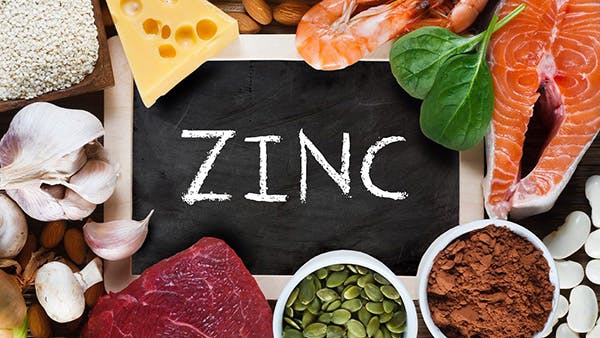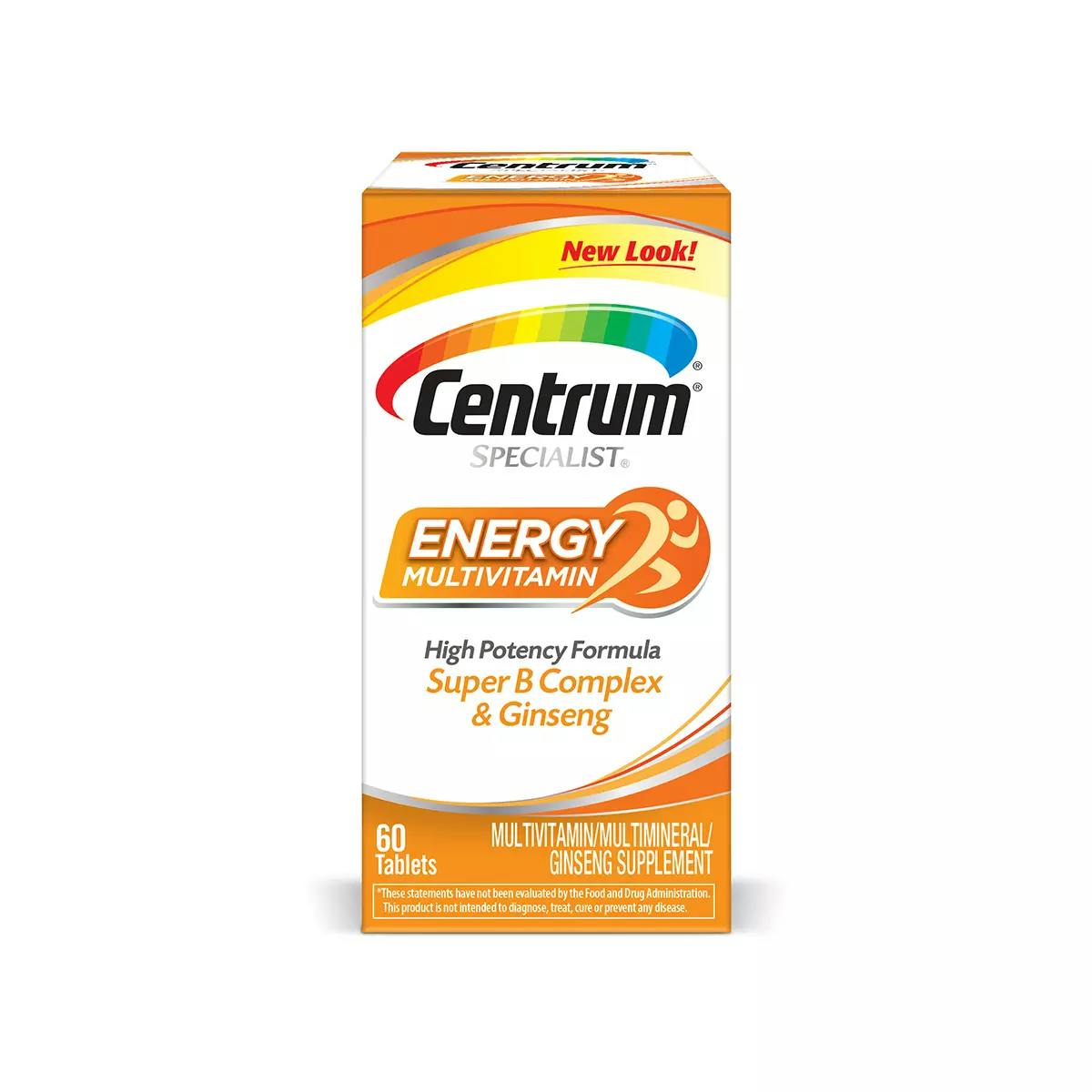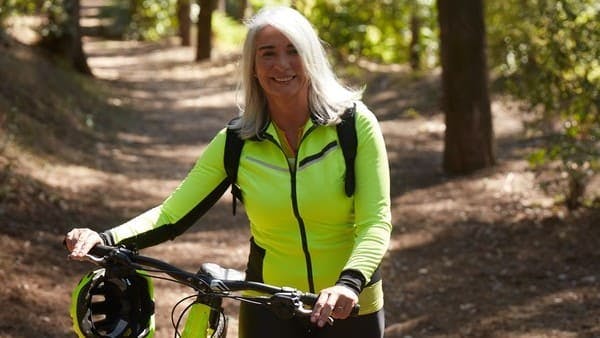Natural Sources of Zinc

Zinc is an essential nutrient in your diet. Discover some of the top dietary sources of zinc by exploring the article below.
Why We Eat Foods with Zinc
Our bodies need zinc. In fact, zinc is considered an essential trace element because small amounts of it are necessary for human health.1 The body doesn’t produce zinc, and it can’t store it for long either, so we get most of our zinc from the foods we eat on a regular basis. Zinc deficiency in the U.S. is rare,2 and consuming a healthy, well-balanced diet might be enough for you to get all the zinc you need. What foods are high in zinc, and how do you know if you’re getting enough zinc in your diet? Read on to learn more about natural sources of zinc.
How Zinc Supports Your Daily Health
Zinc is one of the many minerals essential to maintaining our health and well-being and is often recognized for its role in supporting the immune system. An indispensable nutrient, zinc plays a role in immune function, protein synthesis, DNA synthesis, wound healing, and cell division,3 making it a powerful addition to a daily supplement routine. Beyond immune support and its other everyday functions, zinc is an important part of human growth and development. Adequate zinc levels are especially vital during pregnancy, childhood, and adolescence.4 Zinc may have other health benefits too, although more research needs to be done on the topic.
Should You Take a Zinc Supplement?
Usually, we can get all the zinc we need through diet. However, if you are unable to get enough zinc through diet or if you have a need for more zinc, taking a zinc supplement or vitamins with zinc might be helpful.5 If you have a restrictive diet that prevents you from eating zinc-rich foods, or if you are pregnant or breastfeeding, you may benefit from a zinc supplement.6 Zinc supplements are available in the form of pills or chewable tablets.
Natural Sources of Zinc Through Diet
If you’re looking for zinc-rich foods to add to your diet, you don’t have to look far. From meats to nuts to legumes, the best sources of zinc are foods you can easily include on the daily menu. In fact, you likely consume many foods high in zinc already. Below, we’ve included a chart from the National Institutes of Health, Office of Dietary Supplements.8 Explore the information below to see food sources with the highest amount of zinc per serving:
| Food | MG Per Serving | Percent DV* |
|---|---|---|
| Oysters (3 ounces) | 74.0 | 673 |
| Beef (3 ounces) | 7.0 | 64 |
| Alaska king crab (3 ounces) | 6.5 | 59 |
| Beef patty (3 ounces) | 5.3 | 48 |
| Lobster (3 ounces) | 3.4 | 31 |
| Pork chop (3 ounces) | 2.9 | 26 |
| Baked beans, ½ cup | 2.9 | 26 |
| Breakfast cereal, fortified with 25% of the DV for zinc, 1 serving | 2.8 | 25 |
| Chicken (3 ounces) | 2.4 | 22 |
| Pumpkin seeds (1 ounce) | 2.2 | 20 |
| Yogurt (8 ounces) | 1.7 | 15 |
| Cashews (1 ounce) | 1.6 | 15 |
| Chickpeas, ½ cup | 1.3 | 12 |
| Swiss cheese (1 ounce) | 1.2 | 11 |
| Instant oatmeal, 1 packet | 1.1 | 10 |
| Low-fat or non fat milk, 1 cup | 1.0 | 9 |
| Almonds (1 ounce) | 0.9 | 8 |
| Kidney beans, ½ cup | 0.9 | 8 |
| Chicken breast, ½ breast | 0.9 | 8 |
| Cheddar and mozzarella cheese (1 ounce) | 0.9 | 8 |
| Peas, ½ cup | 0.5 | 5 |
| Flounder or sole (3 ounces) | 0.3 | 3 |
*General guidelines only – daily recommended value of zinc varies from individual to individual
In addition, the amount of zinc you need per day will vary by age and gender. A child may need 2mg of zinc per day during infancy, 3mg-5mg of zinc per day in early childhood, and nearly 8mg of zinc per day by age 13.9 Adult males need 11mg of zinc per day, while adult females need 8-9mg of zinc.10 Pregnant and breastfeeding mothers also require higher amounts of zinc, with the daily recommended amount ranging from 11-12mg.11 Usually, you can get enough zinc through your diet. However, if you have reason to believe you aren’t getting enough natural sources of zinc in your diet, consult your health care professional as soon as possible to discuss supplementing.
How to Get More Zinc as a Vegetarian or Vegan
Many foods high in zinc are animal products, so if you’re a vegetarian or vegan, pay a little extra attention to what you eat to make sure you’re getting enough zinc. The best sources of zinc for people on plant-based diets include:13
Whole grains
Tofu
Tempeh
Legumes
Nuts
Seeds
Fortified breakfast cereals
We hope you enjoyed this article about natural sources of zinc. Learn more about nutrition and nutrients your diet may be missing.











